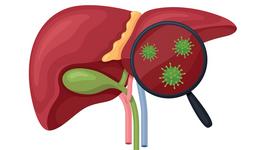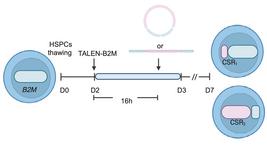CRISPR Interference Reduces Antibiotic Resistance
CMN Intelligence - The World’s Most Comprehensive Intelligence Platform for CRISPR-Genomic Medicine and Gene-Editing Clinical Development
Providing market intelligence, data infrastructure, analytics, and reporting services for the global gene-editing sector. Read more...
Researchers in Italy have successfully tested CRISPRi, a non-cleaving version of CRISPR-Cas technology, for its ability to repress antibiotic resistance genes (ARGs) in Escherichia coli. Unlike traditional CRISPR-Cas systems that cleave DNA, CRISPRi suppresses gene expression without creating DNA breaks, minimising the risk of generating escape mutants with novel resistance traits.
CRISPRi was tested against ARGs conferring resistance to tetracycline, ampicillin, meropenem, colistin, and cefotaxime in both laboratory and clinically isolated strains. By targeting gene sequences with dCas9 and designed guide RNAs, CRISPRi effectively suppressed ARG activity without cleaving the DNA, minimising the generation of escape mutations.
Key findings included a significant reduction in minimum inhibitory concentrations (MICs) of these antibiotics, with susceptibility increases of up to fourfold in some strains. The approach also delayed bacterial regrowth after antibiotic exposure. Experiments conducted in host-mimicking media, including human urine, validated the system’s functionality in physiological contexts.
Notably, the study confirmed no mutations arose in the targeted DNA sequences during CRISPRi treatment, reinforcing its safety as a tool for addressing antibiotic resistance. By avoiding DNA cleavage, CRISPRi addresses safety concerns associated with Cas9-mediated DNA damage while providing a platform for studying antimicrobial resistance mechanisms.
Angelica Frusteri Chiacchiera and Lorenzo Pasotti led the research from the University of Pavia. The findings were published in Scientific Reports on 2 January 2025.
To get more CRISPR Medicine News delivered to your inbox, sign up to the free weekly CMN Newsletter here.
Tags
CLINICAL TRIALS
Sponsors:
Base Therapeutics (Shanghai) Co., Ltd.
Sponsors:
Base Therapeutics (Shanghai) Co., Ltd.







